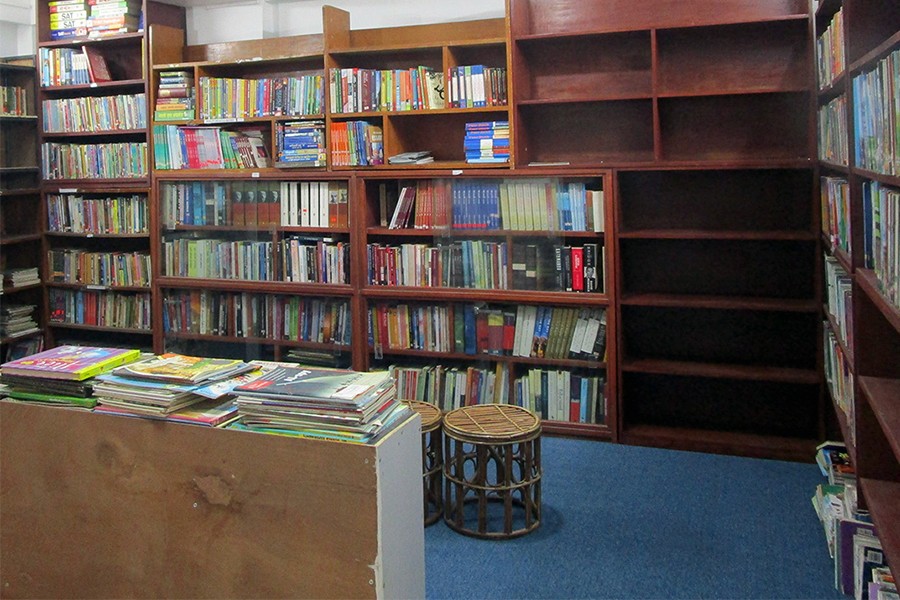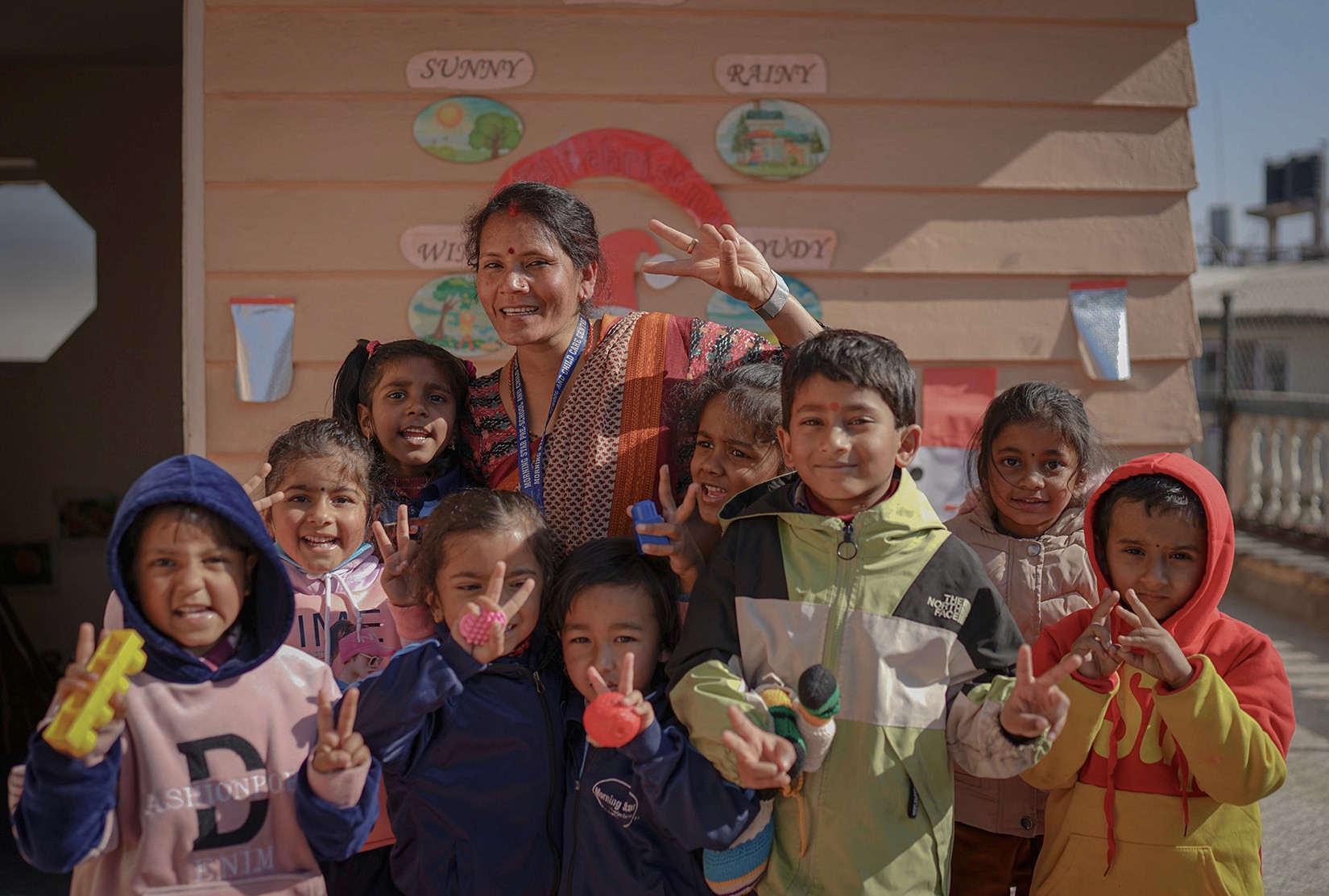
Little Sister Stories
These stories are a testament to the difference an education makes in the life of a child. They serve as a tribute to each and every Little Sister and LSF graduate, individually and collectively, making the world a more just and equitable place.
Gifts of any size make a lasting and meaningful difference in the lives of Little Sisters in Nepal!
Our locations
PO Box 909
Hailey, ID 83333
+1 208-293-2499
PO Box 20636
Kathmandu, Nepal
+977 01-4952348
Gifts of any size make a lasting and meaningful difference in the lives of Little Sisters in Nepal!
Our locations
PO Box 909
Hailey, ID 83333
+1 208-293-2499
PO Box 20636
Kathmandu, Nepal
+977 01-4952348
Gifts of any size make a lasting and meaningful difference in the lives of Little Sisters in Nepal!
Our locations
PO Box 909
Hailey, ID 83333
+1 208-293-2499
PO Box 20636
Kathmandu, Nepal
+977 01-4952348











